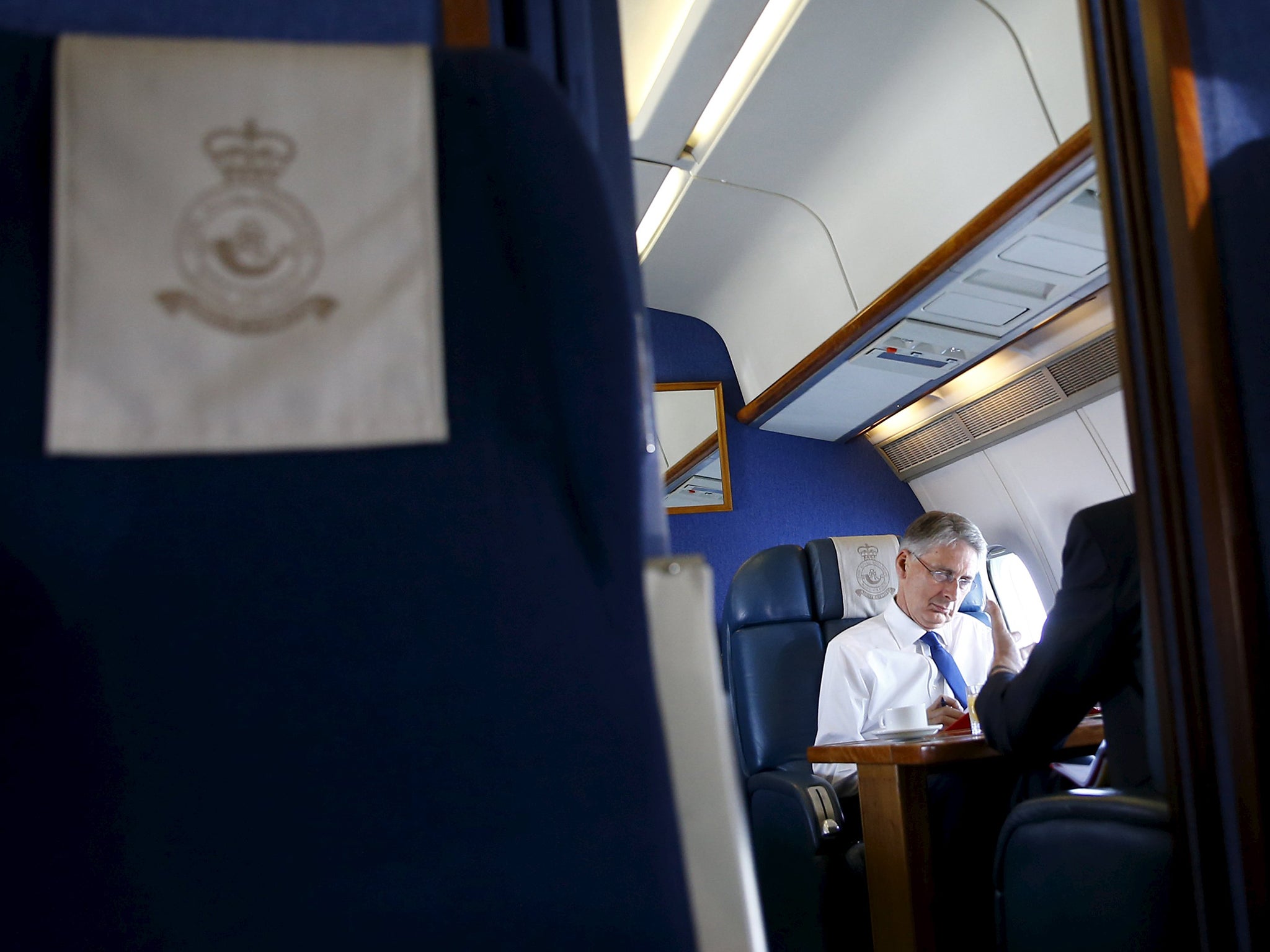“My enemy’s enemy is my friend” is an extremely old diplomatic saw. Yesterday’s simultaneous symbolically powerful reopening of embassies in London and Tehran shows it is no less apposite nowadays. For it is unlikely indeed that such a thaw in relations would have been achieved so rapidly had the British and Iranians realised that they both have something of an existential enemy in common – Isis.
As for the British as “Little Satan”, so for the US as “Great Satan”: that same, overarching reality of Isis’s hold on huge tracts of Syria and Iraq also lies behind the historic accord between America and Iran on nuclear weaponry. It is also why America and Iran are now acknowledged military allies against Isis, the US in the air – Iranian-backed groups on the ground.
Cynical, though, aspects of these rapprochements may be, this new relationship between the West and Iran nonetheless represents a remarkable moment of relief and hope. Relief because it removes one of the major causes of regional instability and recurring worries about the sponsorship of terror and violence.
These tensions often focused on the embassies themselves. The 1979-80 US hostage crisis; the 1980 SAS siege of that same London embassy now hosting polite diplomatic exchanges; the 2011 invasion of the British mission in Tehran. All of these events demonstrated how visceral the mutual loathing was, as did the “satanic” rhetoric and George W Bush’s talk of an axis of evil. The slogan “Death to the English” remained daubed above the portrait of the Queen even while officials stood to attention to the national anthem as the Union Flag was hoisted in the garden of the British embassy in Tehran.
No less symbolically, the Iranian President Hassan Rouhani unveiled new ballistic weapons at the weekend. And, in Iran’s dual-power structure, its Supreme Leader, Ayatollah Ali Khamenei, is still knocking out the old lines about “the world arrogance of Zionism”. Britain’s Foreign Secretary, Philip Hammond, was not invited to pay his regards to him.
The hope derives from the prospect of a strong, regionally led diplomatic, political, financial and military coalition to defeat Isis. For all the military clout of the US and its allies, the interventions in Afghanistan and Iraq graphically tell us that the West can make things worse on the ground rather than better.
A resolution in Iraq and Syria to end the suffering of the people there needs Turkey, Saudi Arabia and Iran to see that their common interest in ending Isis’s obscene reign of terror far outweigh whatever rivalries and religious and cultural differences they may have.
Russia, too, should be brought into this alliance, difficult though Vladimir Putin may be. Even if these disparate interests cannot agree on what to do about Syrian President Bashar al-Assad, they ought to see that it is almost too late to stop Isis.
Still, not since the days of the Shah have the prospects for British interests in Iran been so bright, and this extends to trade as well.


Join our commenting forum
Join thought-provoking conversations, follow other Independent readers and see their replies